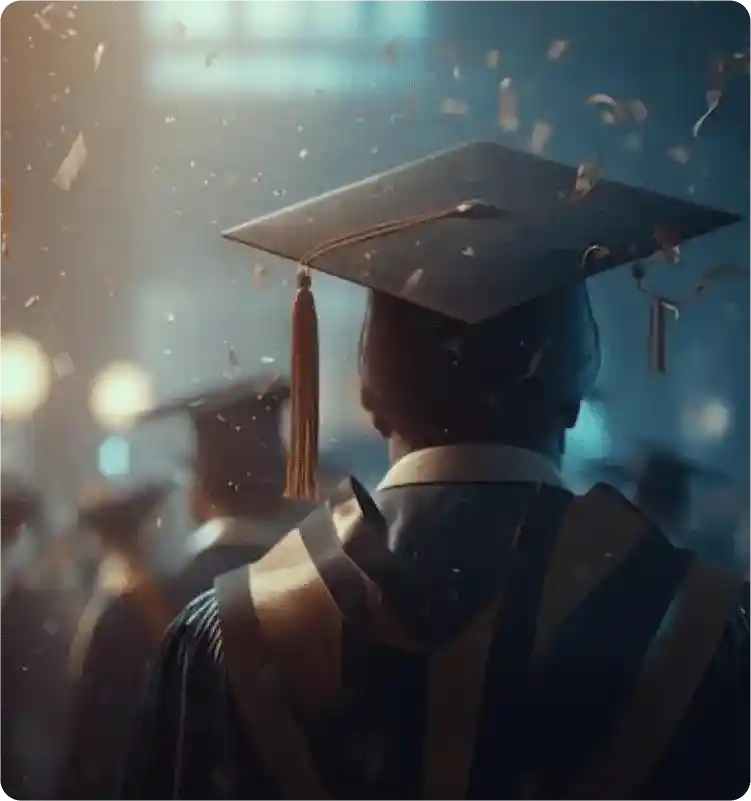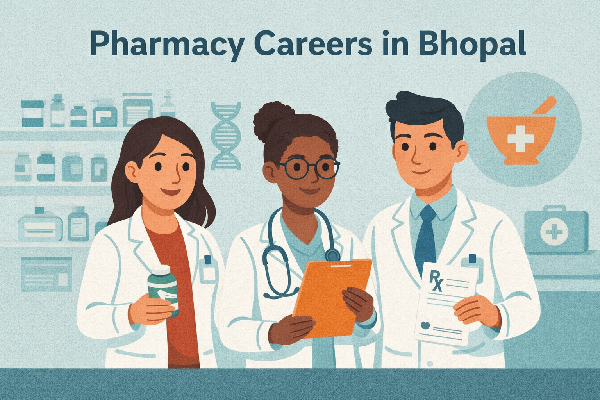About Us
People’s University—For All Your Higher Education Needs
11 Premier Institutes | 88 Comprehensive Programs |
5000+ Active Learners | 84 Acres Campus |
Highest Package 67 LPA | 11 Institutional Libraries |
Central Research Lab. Facility | Departmental Labs. |
Stadium & PlayGrounds |Gymnasium | 1500 Bedded Hospital
—Demonstrating Our Commitment to Academic Excellence and Professional Preparedness
Nestled in the picturesque landscape of Bhopal—the renowned ‘City of Lakes’—People’s University holds a distinguished position as a top private university in MP.
View Details


Academia
863
88
71000
1827
39000+
4900+
Constituent Institutes
People’s University is home to 11 distinguished constituent institutes, each fostering an enriching academic environment that supports education and career-building opportunities in Central India. Widely regarded as the leading private university in Bhopal, People’s University continues to uphold its commitment to excellence across diverse fields of study.
Since its inception, People’s University has been guided by its mission: “Nurturing Humanity through Health & Educational Excellence.” This vision began with SJPN’s commitment to establish educational institutes that serve as centres of excellence.
The constituent institutes of People’s University are recognised and approved by relevant statutory bodies and councils, including the University Grants Commission (UGC), Medical Council of India (MCI), Dental Council of India (DCI), Indian Nursing Council (INC), Pharmacy Council of India (PCI), Madhya Pradesh State Paramedical Council, and the Bar Council of India (BCI). This strong foundation ensures that each institute meets the highest standards, providing students with quality education and a pathway to success.
Latest News & Updates
-
Pharmacy Careers 2026 in Bhopal
A Strategic Healthcare Career Path in Madhya Pradesh Shaping Your Pharmaceutical Career in Bhopal The pharmaceutical sector in…
-
Top Mistakes Students Make During College Admissions – And How to Avoid Them
Every admission season brings its own rush of forms, phone calls, and a lot of unsolicited advice. Even…
-
Could AI Be Your Next Study Partner? Here’s What’s Happening in 2026
What if your study companion isn’t just a textbook but an intelligent system that understands your pace, answers…
Campus Infrastructure
84
10
56
95
1500
2000
for 2000 Students












































